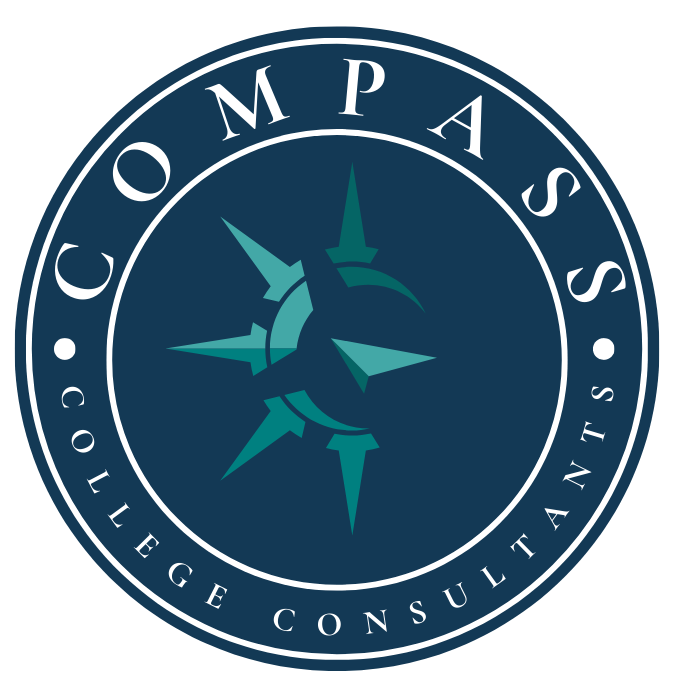Most high schools offer high-level courses like honors/challenge courses, Advanced Placement courses, International Baccalaureate Program courses or dual enrollment options at the local community colleges. The short answer is that colleges want to see that you challenged yourself with rigor, they want to see you earned the college preparatory diploma and they expect the “core for four,” or the core curriculum courses for four years (English, science, math, social studies, and often a language), especially at the selective colleges. The more selective the college, the more challenging courses are expected. Often course credits earned in high school can shorten the time spent in college and save on tuition!
The long answer is what you take can depend on a lot of things.
Obviously, the rigor you can access depends on what programs and options are offered at your school. The IB and AP programs have great reputations with all the colleges. These programs and courses are equivalent to first-year college courses with curricula developed by college professors. They have final exams that are standardized internationally, so your exam score reveals whether you are college ready in that subject area. AP Exam scores range from 1 through 5, with a 3 or higher considered passing and a 4 or 5 typically earning college credit. IB exam scores range from 1-7, with at least a 2 expected and a minimum of 24 points out of 45 points in an array of courses needed to earn the IB Diploma.
Dual enrollment courses are great for introducing you to college expectations, but it is more difficult for colleges to know the level of rigor of these options than for AP or IB courses, especially if they are taught at the high school or online instead of on a campus. Often dual enrollment options (and many AP and IB courses) are given an X credit or elective credit at the more selective colleges, and you still have to take the course equivalent or a higher-level course in the same subject. You need to check with each college as to how they handle credits for all these types of courses in each subject area.
Often, what you take depends on what you plan to study in college. If you plan to major in medicine or engineering, you should load up on the highest level of science and math courses all four years, and definitely take AP Physics and AP Calculus, if majoring in engineering. If you plan to major in computer science, you should take AP Computer Science courses and any other high-level technology and math offerings. If you plan to major in the humanities, load up on the highest-level humanities courses (and languages), but the highest-level science and math courses might not be as important (unless you are shooting for super selective colleges). Your courses in high school should align with your college plans whenever possible.
What if my school has limits on how many high-level courses I can take?
It is good when schools put limits on the number challenging courses taken to help students set limits on themselves. You should not take more high-level courses than you can handle and only take difficult courses in your areas of talent and interest. Some students overwhelm themselves by taking on too much and end up floundering across the board. A good balance in your courseload is always a good thing; it keeps you sane and allows for you to take some fun electives and have some down time, too. If you think your school or schedule was not rigorous enough or you were limited by your school or odd scheduling conflicts, you can always explain anything out of the ordinary or specific to your situation or school in the “Additional Information” spot on your applications.








